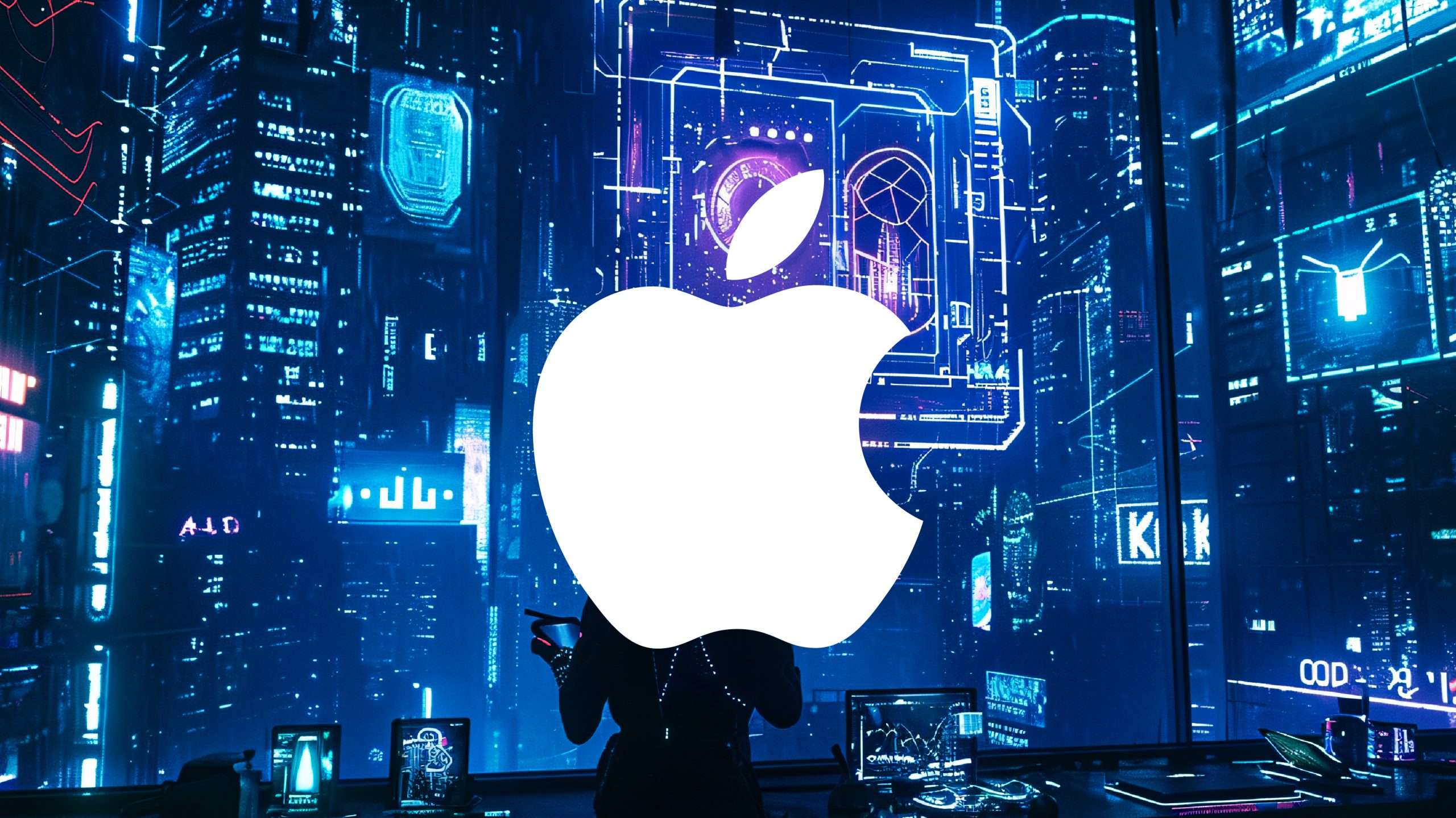Apple’s New AI Capabilities: Integrating Intelligence Across Devices
Apple has unveiled a major push into artificial intelligence (AI) with the introduction of Apple Intelligence, a suite of AI features deeply integrated into its operating systems and devices. This move aims to transform how users interact with their iPhones, iPads, and Macs, bringing powerful generative AI capabilities to the forefront.
Apple Intelligence: On-Device AI with Private Cloud Compute
At the core of Apple’s AI strategy is Apple Intelligence, the company’s own AI system that combines on-device processing with a new “Private Cloud Compute” feature. This allows more complex AI tasks to leverage the power of Apple’s servers while maintaining user privacy and security.Apple Intelligence will enable a range of AI-powered capabilities across various apps and services, including:
- Writing Assistance: AI-powered writing tools to help users refine emails, adjust tones, and generate content within apps like Notes and Messages.
- Image Editing: Advanced photo editing features, such as removing unwanted objects or generating custom images for messaging and communication.
- Siri Enhancements: An overhauled Siri with improved contextual understanding and the ability to handle more complex queries.
To ensure privacy, Apple has designed Private Cloud Compute to process user data on dedicated Apple silicon servers, with cryptographic safeguards and independent code inspection. This approach aims to set a new standard for privacy in AI, allowing users to benefit from powerful AI models while keeping their data secure.
Integration with ChatGPT
In a significant move, Apple has partnered with OpenAI to integrate ChatGPT into its devices and services. This collaboration will enable users to access ChatGPT’s advanced language capabilities directly within Apple’s ecosystem, complementing the company’s own AI offerings.Users will be able to leverage ChatGPT for tasks such as generating custom stories, suggesting recipe ideas, or seeking assistance with various queries. Apple has emphasized that privacy protections will be in place, with user IP addresses obscured and OpenAI not storing requests.
Availability and Device Requirements
Apple Intelligence and the integration with ChatGPT will be available later this year as part of iOS 18, iPadOS 18, and macOS Sequoia. However, these AI features will be limited to newer devices with Apple’s latest silicon, including the iPhone 15 Pro, iPhone 15 Pro Max, and iPad and Mac models with M1 or later chips.Apple has not provided a clear explanation for this hardware limitation, leading to speculation that older devices may not have sufficient processing power or that the company is using AI as a differentiating factor to drive upgrades.
Implications and Challenges
Apple’s AI push represents a significant shift in the company’s strategy, positioning it to compete more directly with tech giants like Google, Microsoft, and Amazon in the AI space. By integrating AI deeply into its ecosystem, Apple aims to provide a more intelligent and personalized user experience across its devices. However, the company faces challenges in delivering on its AI promises. The AI industry has been plagued by overpromises and under deliveries, with concerns around misinformation, biases, and security issues. Apple will need to ensure that its AI features are reliable, accurate, and free from potential pitfalls. Additionally, the hardware limitations for accessing Apple Intelligence and ChatGPT integration have raised questions about Apple’s motivations. Some analysts suggest that the company may be using AI as a compelling reason for customers to upgrade to newer devices, potentially driving sales in the face of declining iPhone demand. As Apple enters the AI race, it will be closely watched by consumers, developers, and industry experts alike. The success of its AI strategy will depend on delivering a seamless, intelligent, and trustworthy experience while addressing privacy and ethical concerns in an increasingly AI-driven world.
Analyst’s Views
Pricing and Upgrade Cycle
- The new AI features like enhanced Siri, writing assistance, and image editing are only compatible with the latest iPhone 15 Pro models and devices with M1 or later chips. This is expected to drive a significant upgrade cycle for iPhones.
- Analysts anticipate the AI capabilities will spur sales of the upcoming iPhone 16 later this year and the iPhone 17 in 2025, potentially creating a “supercycle” of upgrades.
- JPMorgan believes the focus on the latest iPhone generation, with affordability in mind, will accelerate the AI-related upgrade cycle, especially in emerging markets.
Stock Value and Analysts’ Views
- Apple’s stock surged over 7% to a record high of $207.15 on June 11, giving it a market cap of $3.18 trillion, close to reclaiming the title of the world’s most valuable company from Microsoft.
- Citi called it the “best WWDC ever,” citing Apple’s advantage in hardware and software integration and user privacy.
- Goldman Sachs and Morgan Stanley expect the new features to fuel an iPhone upgrade cycle and create opportunities for additional AI monetization.
- Bernstein’s Toni Sacconaghi expects the features to push Apple towards $8 in earnings per share and potentially convince investors to pay close to the stock’s peak valuation.
- However, some analysts like UBS and Barclays were less optimistic, viewing the AI announcements as an evolution rather than a significant catalyst.
- JPMorgan predicts the AI features, requiring the latest iPhone 15 Pro models, will accelerate an AI-related upgrade cycle and drive higher sales of iPhones and other Apple devices, especially in emerging markets.
- Wedbush estimates that 15%+ of Apple’s installed iPhone base (around 270 million users) will upgrade to the iPhone 16 when it launches later this year, calling Apple Intelligence the “killer app” many have been waiting for.
- Oppenheimer expects Apple could see over 20% year-over-year growth in iPhone revenue for up to two years, far exceeding consensus estimates of 4% growth in fiscal 2025 and 2% in 2026.
- Raymond James suggests that for every 1% of installed iPhones that upgrade, Apple could see a 20-cent boost to its earnings per share.
Overall, most analysts see Apple’s AI push as a positive development that could reinvigorate iPhone sales, drive a strong upgrade cycle, and potentially add billions to the company’s market value, justifying the stock’s surge and optimistic price targets.
Disclaimer: This is not an Investment Advice. Investing and trading in currencies involve inherent risks. It’s essential to conduct thorough research and consider your risk tolerance before engaging in any financial activities.



